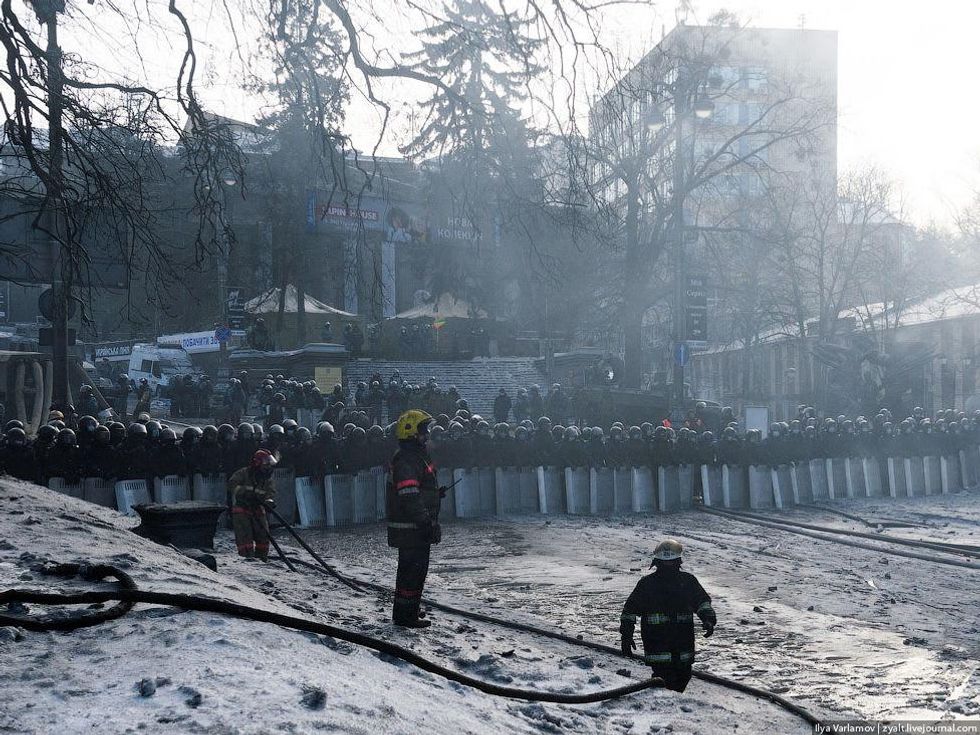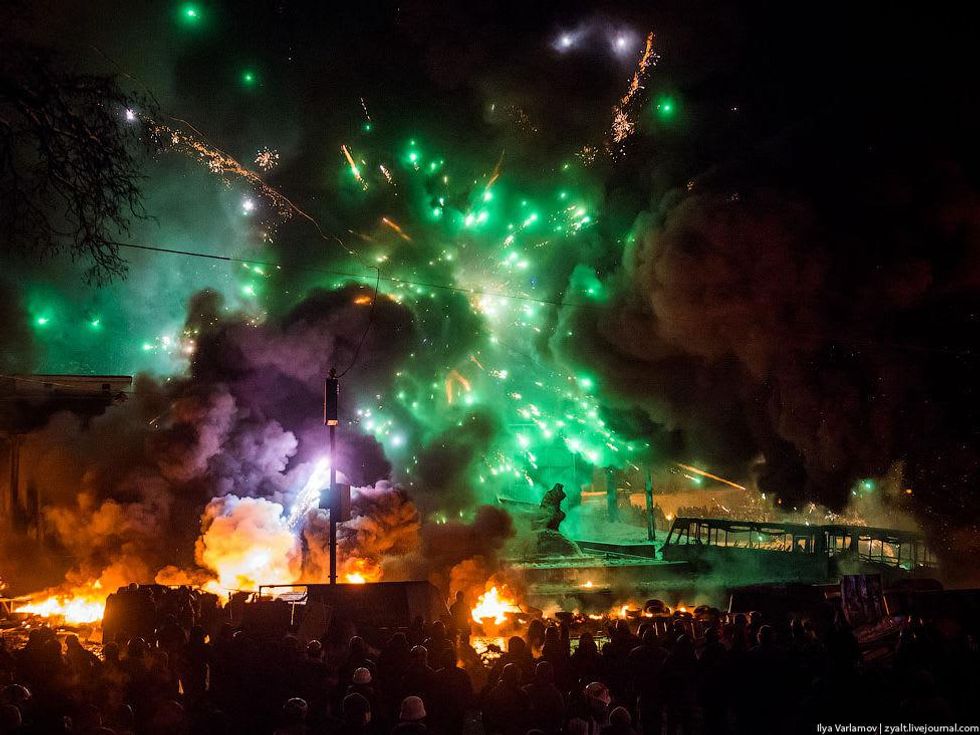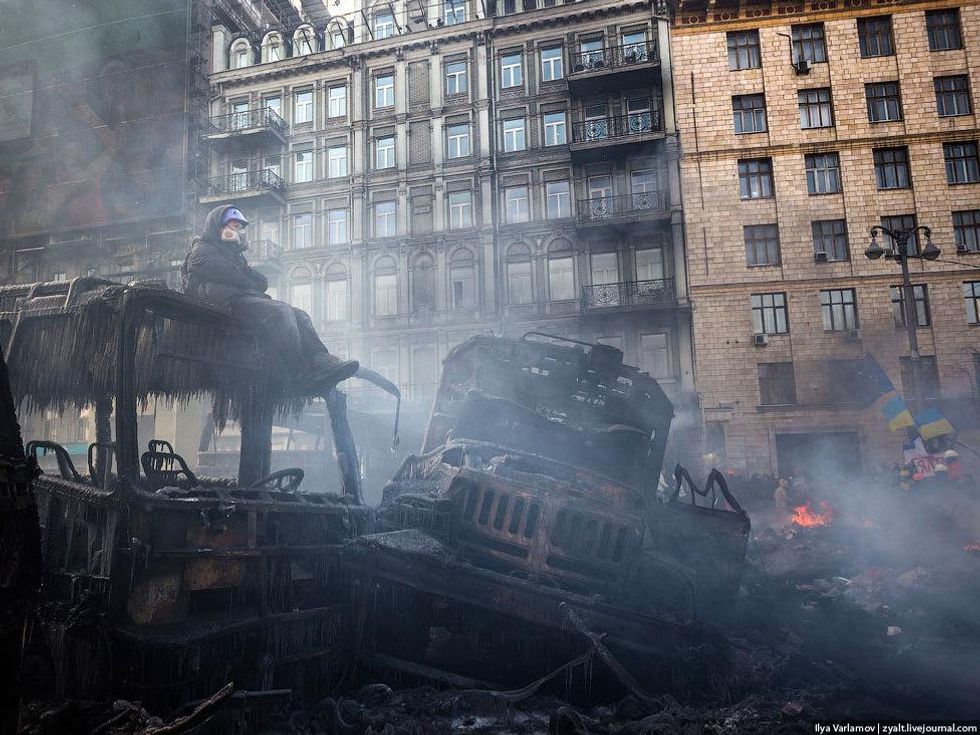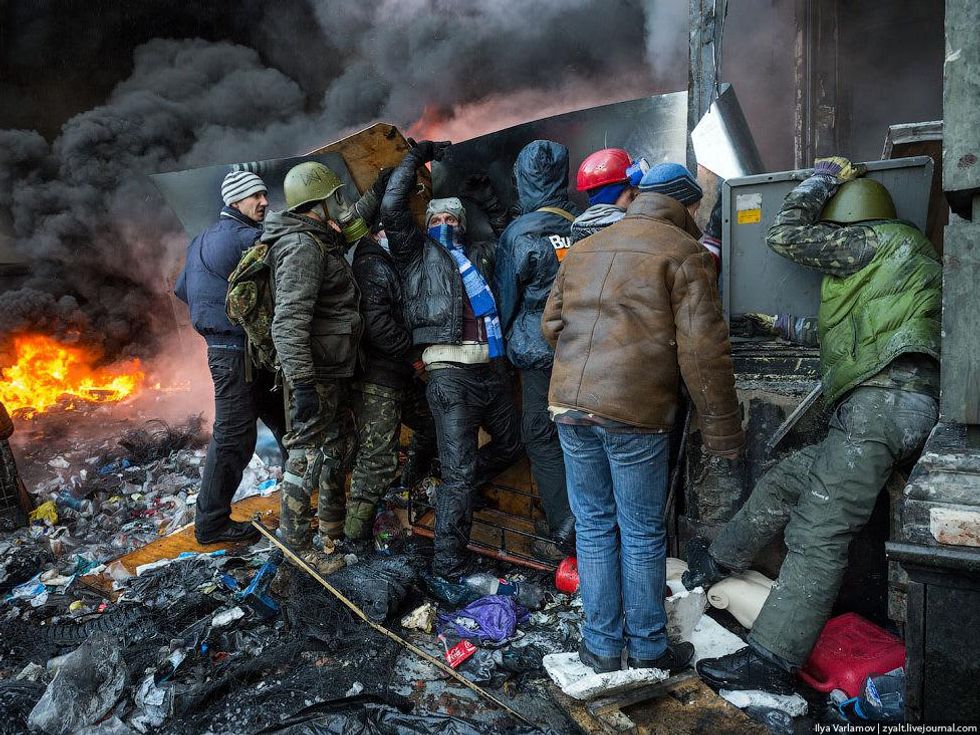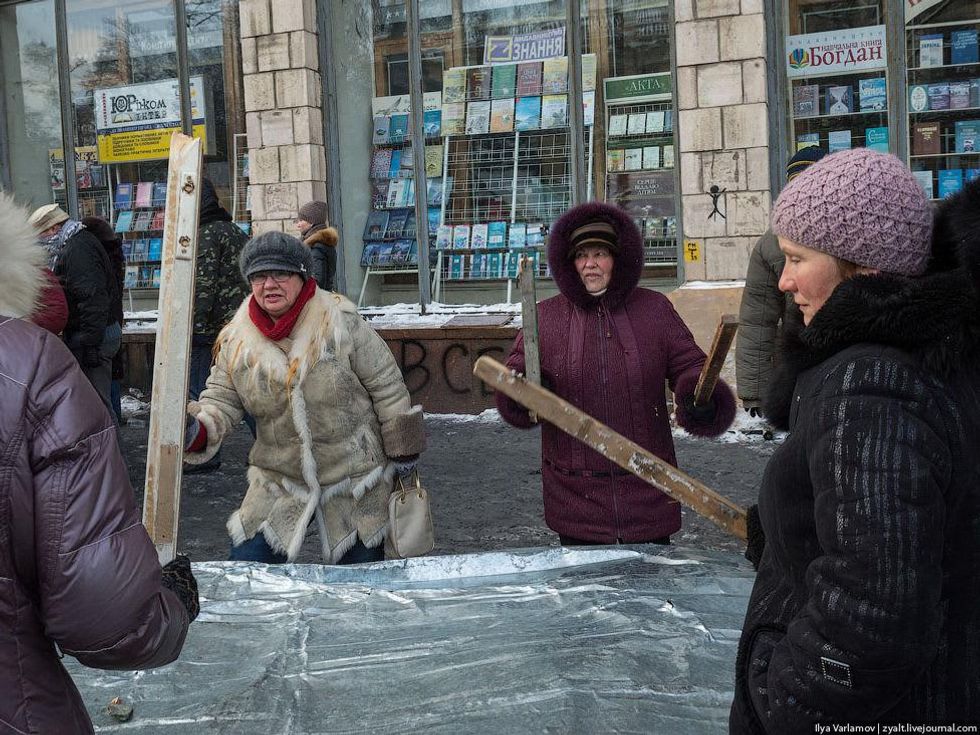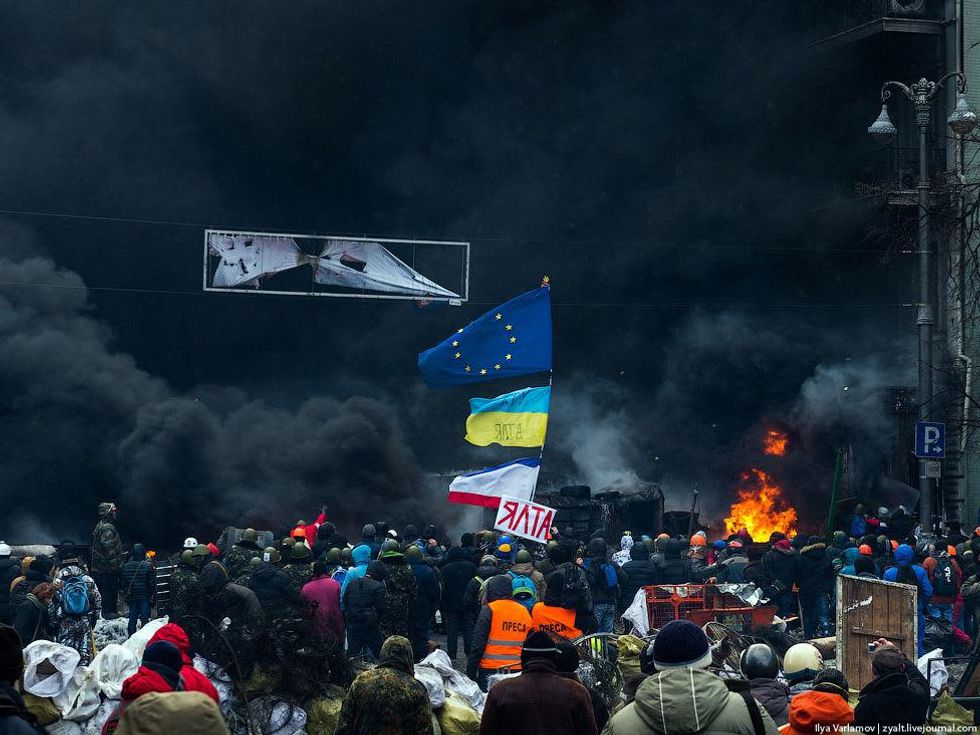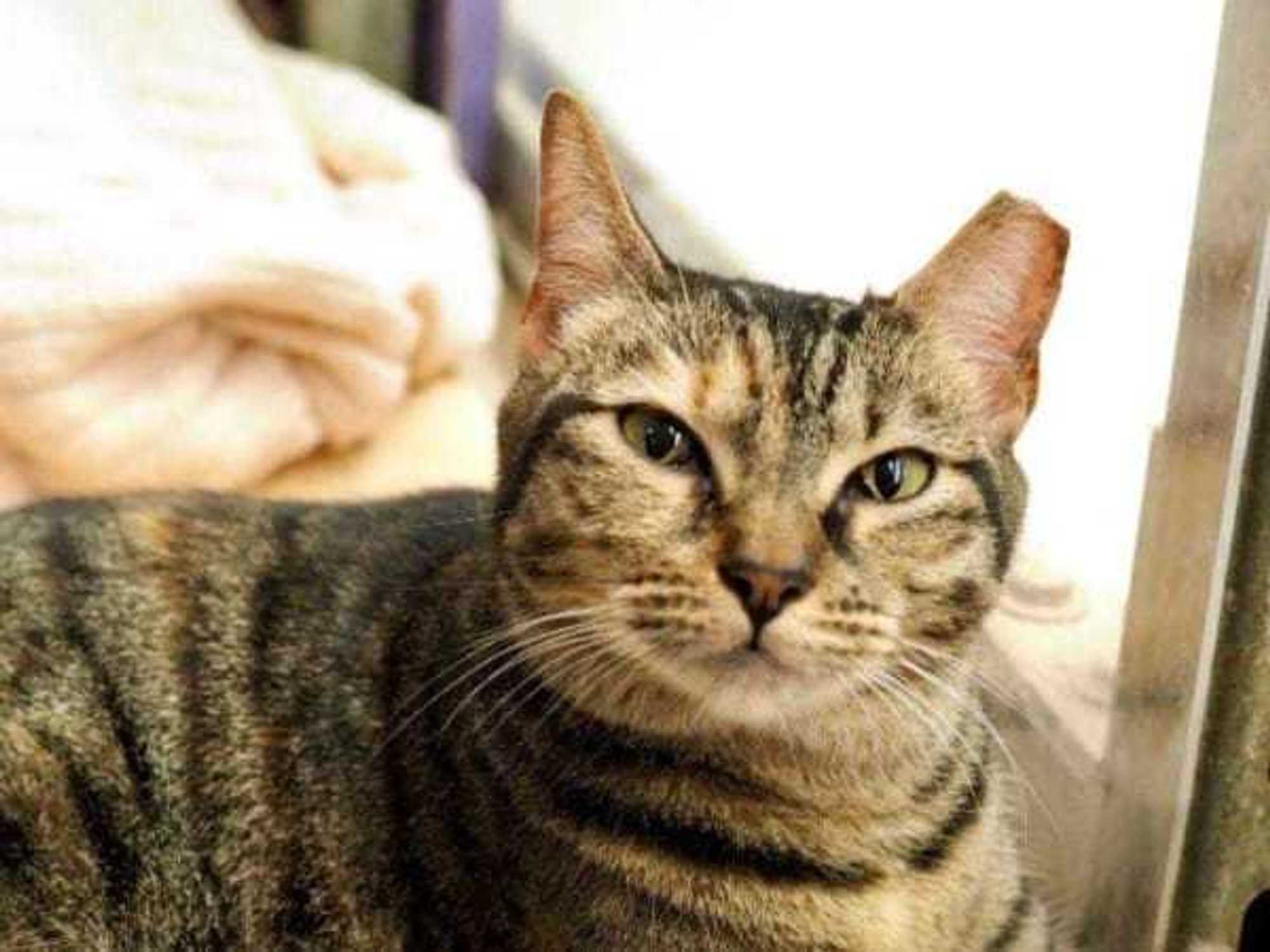Stand Up for Democracy
Ukraine nightmare: Former Peace Corps volunteer explains why it's important to speak out now
Ukrainians are no strangers to suffering in silence. When I served as a Peace Corps volunteer in Western Ukraine, I rarely heard my friends complain about issues that would send Americans right over the edge, like not getting a paycheck or having the gas shut off during the middle of winter.
But the latest actions of the Ukrainian government crossed a line that the people cannot — and should not — overlook. A decade after the Orange Revolution saw democracy take a stronghold in the former Soviet republic, Ukraine president Viktor Yanukovych is leading the country back to Russia and away from the European Union.
Protestors took to the streets in the capital of Kyiv last November, a few weeks before Yanukovych snubbed the EU and signed off on a $15 billion bailout deal with Russia. The demonstrations have been broadcast on news stations across the world, and photos of the increasingly violent police response have flooded social media. Last week, the first known deaths were reported when at least two protestors were shot and killed by police.
The latest actions of the Ukrainian government crossed a line that the people cannot — and should not — overlook.
When I spoke to my friend Svitlana in Western Ukraine on Sunday, she was exasperated by the deterioration of her otherwise peaceful country. "Instead of protecting us, our police work against the people," she says. "It's backwards."
Not so long ago, simply acknowledging horrific acts in Ukraine would have been a huge accomplishment for the international community. In 1932, the Soviet Union carried out a secret famine genocide that killed approximately 5 million Ukrainians. Before the age of the Internet, Josef Stalin was able to lie to the world without accountability.
To prove there was no famine, Stalin exported tons of grain, which he'd seized from starving Ukrainian farmers. In his campaign, Stalin amazingly fooled everyone from a Pulitzer-prize winning journalist at The New York Times to the League of Nations.
The reality of the famine genocide, called Holodomor in Ukrainian, wasn't even officially recognized until 2006. The Ukrainian government seems to be underestimating the resolve of its people, who once waited nearly 50 years for the truth to come out.
"Our people will stay in Kyiv as long as is needed," Svitlana says.
The demonstrations in Ukraine, though portrayed as the actions of marginalized radicals, actually represent the interests of everyday Ukrainians. If the closer ties to Russia were as harmless as Ukrainian politicians say they are, then there'd be no need to shoot those who oppose them. There'd be no need to create new laws, as the Ukrainian government did in January, to restrict free speech and the right to peaceful assembly.
As Americans, we can't go back to Holodomor and right the wrong that was committed. But we can stand up for freedom and democracy in Ukraine now, and we can do more than simply share a story or a photo on social media.
The U.S. House of Representatives is set to hear a resolution on sanctions against Ukrainian politicians on Wednesday. The resolution supports the rights of Ukrainians "to choose their own future free of intimidation and fear." If you believe in the cause of democracy and the value of a free and open society, I urge you to contact your representative about supporting House Resolution 447. It's the American thing to do.
-------
Claire St. Amant is managing editor of CultureMap Dallas.
